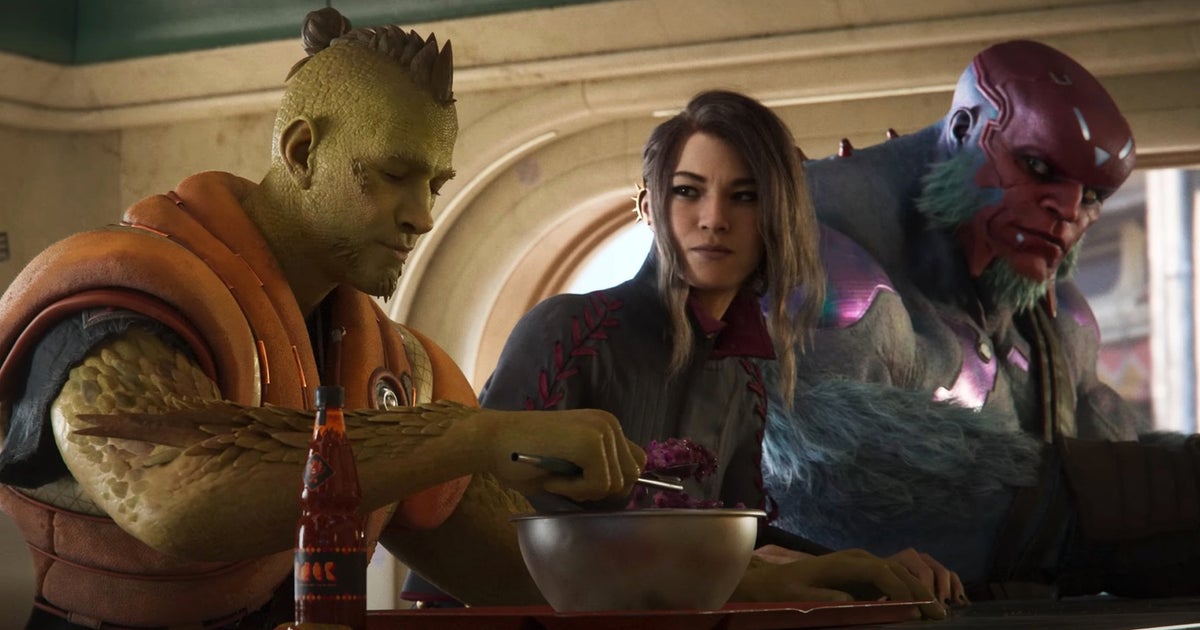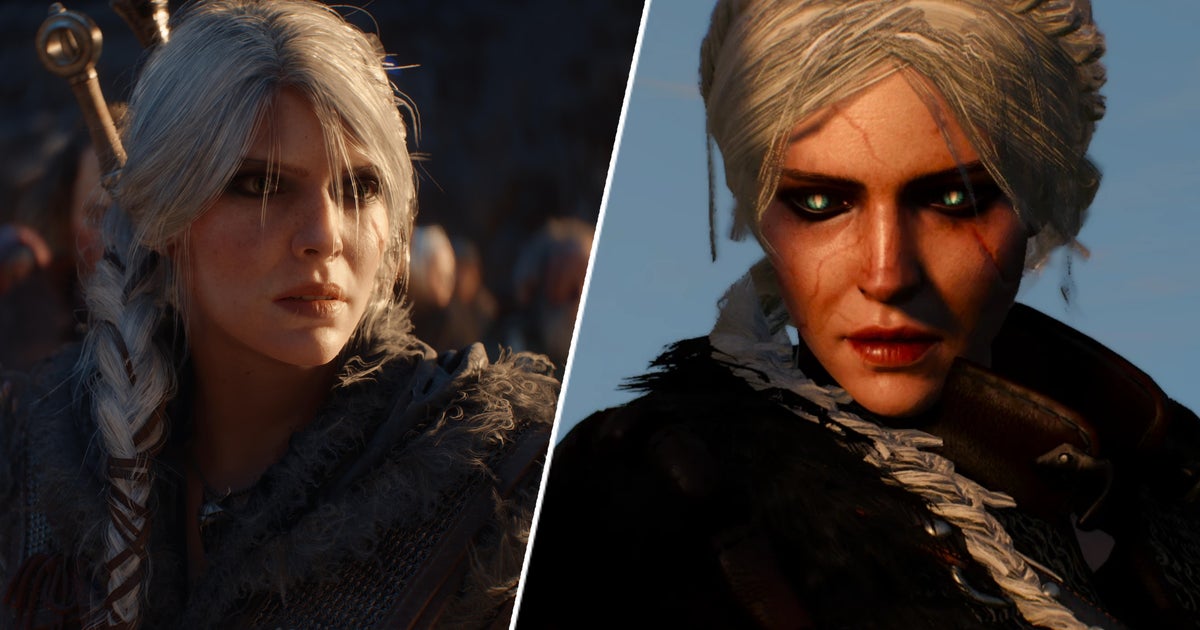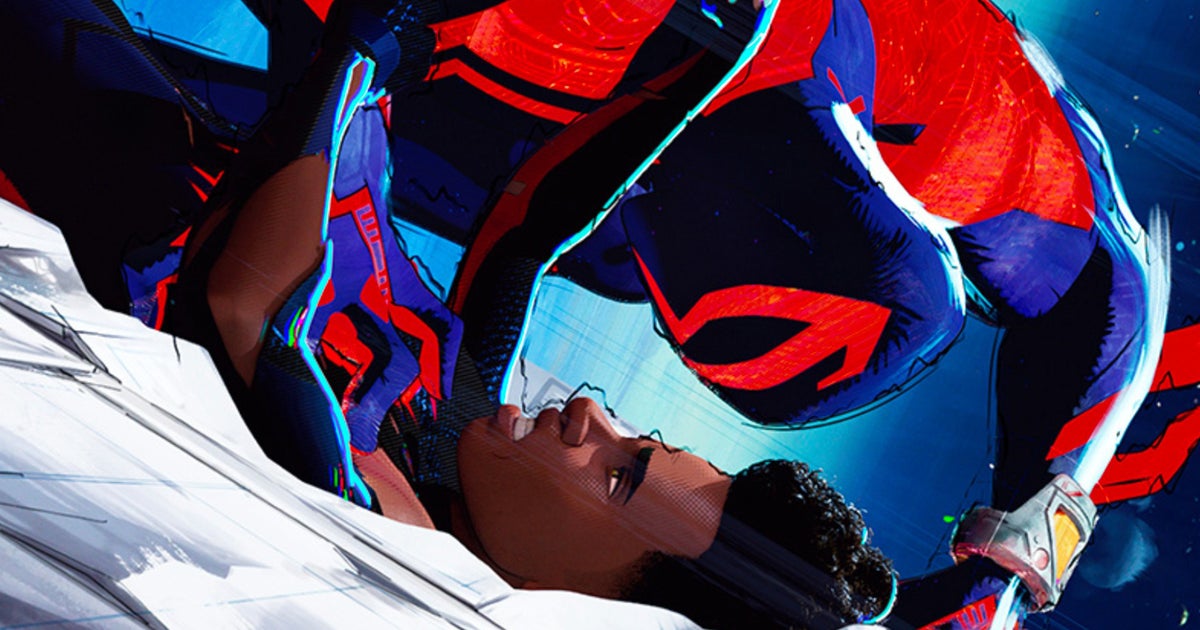Maybe my most successful tweet ever was this one, four images from episode five of Andor accompanied by my reaction: “Whoa.” In those images, young Karis Nemik, the most intellectually engaged member of the small band on Aldhani planning a massive heist of Imperial wealth, passionately imparts some of his ideas to Cassian Andor, who is undergoing his own reluctant political awakening. “So much going wrong,” Karis says, “so much to say, and all of it happening so quickly. The pace of repression outstrips our ability to understand it. And that is the real trick of the Imperial thought machine. It’s easier to hide behind 40 atrocities than a single incident.”
My hair stood on end upon hearing those words, a clear, truthful insight into how systems of oppression maintain their dominance, not just in that galaxy far, far away, but here in our world, too. For me, this conversation marked one of the most exciting moments in all of Star Wars, more thrilling than many of the franchise’s space battles and lightsaber clashes: here was a bold, unapologetic staking of ideological ground, a dazzling reminder that Star Wars could be, and should be, about something.
And this isn’t, as some may claim, Andor coming along and needlessly making Star Wars political. It’s a bold reclaiming of the political heart that was always there. Just watch this excerpt from an interview between George Lucas and James Cameron, in which Lucas asserts that his focus, as a student of anthropology, is “social systems.” Cameron then observes how interesting it is that in Star Wars, “the good guys are the Rebels, they’re using asymmetric warfare against a highly organized Empire. I think we call those guys terrorists today.” Lucas responds, “When I did it, they were Viet Cong,” which makes the Empire of the original 1977 film—dun dun DUN!!!!!!!—the good ol’ U.S. of A.
Of course, over the decades, there have been many real-life Empires and many real-life Rebellions, and sadly, those core political themes of oppression and resistance at the heart of Star Wars have never been made obsolete. If anything, they feel more urgently relevant today than ever. But what makes Andor so extraordinary isn’t just the fact that it unabashedly and explicitly reclaims this radical, anti-fascist political ground for the colossal franchise. Of course it’s possible to write a story with radical politics that’s clunky and boring, that feels more driven by ideology than by characters with real desires and convictions. But Andor is extraordinarily successful on this level, too. In the hands of showrunner Tony Gilroy, who also wrote and directed the exceptionally smart and thrilling 2007 film Michael Clayton, Andor’s characters and themes are organically fused, with its fascists as complex and believable as its anti-fascists, and with every rousing speech—like the one Stellan Skarsgård stirringly delivers as Luthen Rael, revealing all the things he has sacrificed in pursuit of liberation, and the one Fiona Shaw’s Maarva Andor delivers from beyond the grave, urging those she’s left behind to “fight the Empire!”—feeling not like a bad writer heavy-handedly working some ideological message into a story where it doesn’t belong, but rather like a wholly believable and necessary expression of that character’s convictions.
Every day now—every tragic, horrible day—it feels more and more plainly true that Karis was right: there’s so much going wrong, and all of it’s happening so quickly, and that the sheer number of atrocities being funded and committed only makes it easier for the governments doing so to hide behind them. Andor is full of thrilling action and wonderful characters, all of the things we’ve always come to Star Wars for. But it’s also an urgent reminder of what Star Wars has always really been about. Know an evil empire when you see one. — Carolyn Petit




